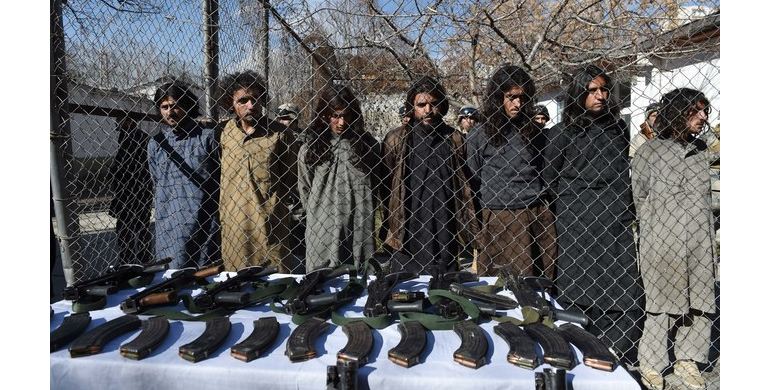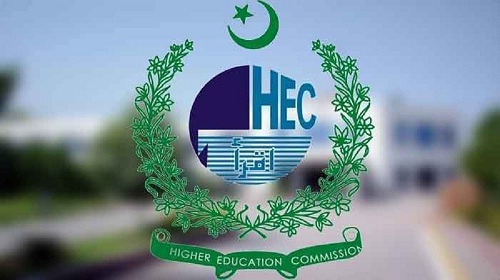ISLAMABAD, SEPT 11 – The government may consider amnesty for Pakistani Taliban if its members lay down their arms, abandon the group’s ideology and adhere to the country’s constitution, said President Arif Alvi during an interview to a local media organization on Friday.
Tehreek-e-Taliban Pakistan, an umbrella organization of militant factions, emerged in Pakistan’s tribal territories in 2007 and proscribed within a year since it was killing Pakistani civilians and security forces with impunity.
Inspired by Al Qaeda ideology, the group attacked the Pakistan Army’s General Headquarters in October 2009 and massacred more than 150 people, mostly children, at a school in Peshawar in December 2014.
More recently, it claimed responsibility for a suicide attack against the Frontier Corps in the country’s southwestern Balochistan province in which four soldiers were killed and 21 others injured.
“The Pakistani government said it would think whether or not it wanted to offer amnesty to those [TTP elements] who were willing to lay down their down arms, return to the country and accept its constitution,” the president told Dawn News television while answering a question about his country’s negotiations with the Afghan Taliban over the issue.
Alvi acknowledged that Pakistani Taliban still constituted a threat to his country.
However, he added that the government had received messages from “second- or third-tier leadership” of the Afghan Taliban that TTP militants could stay in their country but would not be allowed to continue their anti-Pakistan activities.
Asked if the government was actually willing to pardon hardcore militants, he said he was referring to people who had “not remained involved in criminal activities.”
“It can’t happen that we fully disown several thousands Pakistanis abroad,” he added. “So, we will have to adopt one way or another [to address this issue].”
The proscribed Pakistani militant network was frequently described as an Indian proxy by officials in the past.
Pakistan also accused previous Afghan administrations of harboring its members and allowing them to launch attacks in its cities.
The administration in Islamabad tried to mount pressure on the Afghan Taliban to deal with the militant network after the fall of Kabul on August 15, but the Afghan faction only offered guarantees that the anti-Pakistan conglomerate would not be allowed to operate from Afghanistan.

















